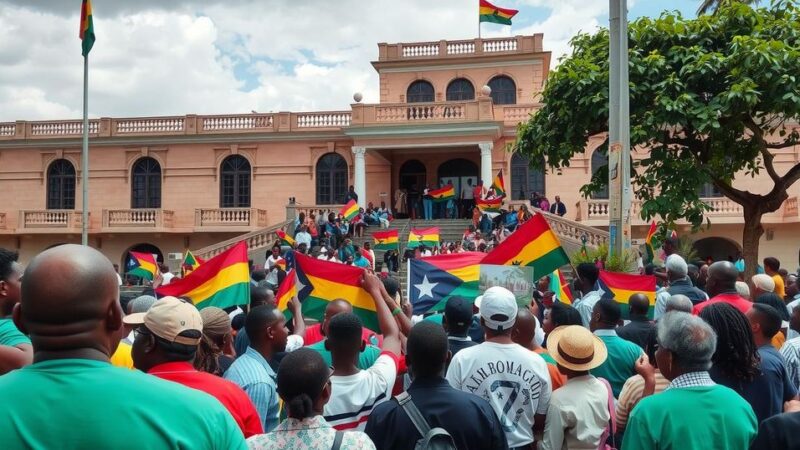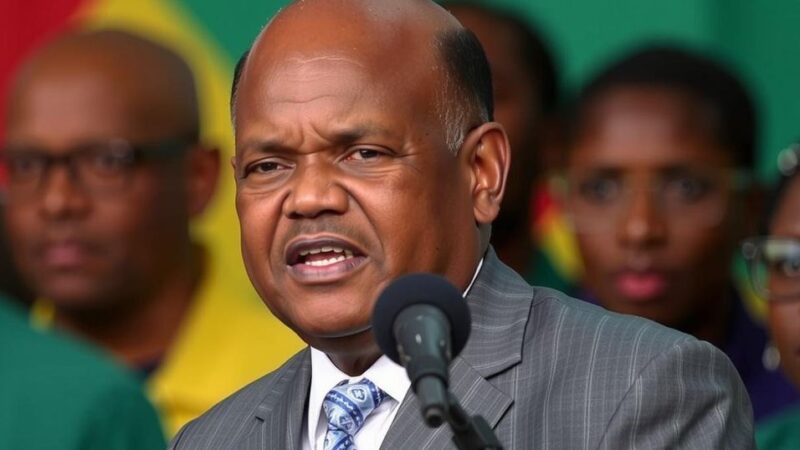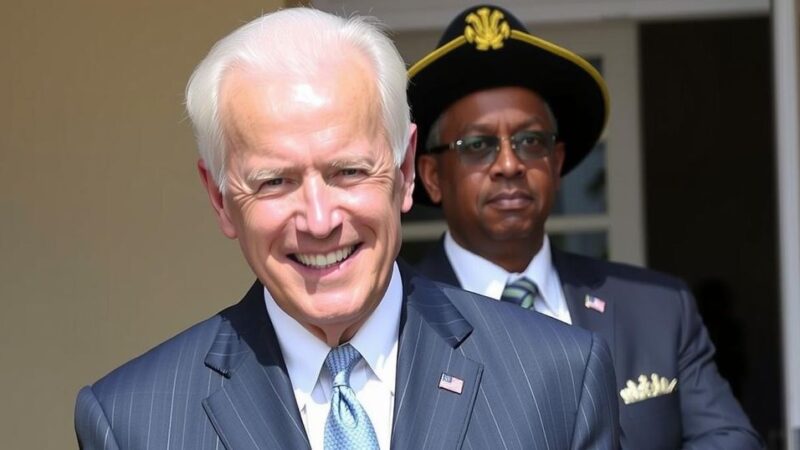Ruben Gallego won Arizona’s Senate seat against Kari Lake, known for her election denialism, securing 47 Democratic Senate seats against 53 Republicans. Gallego’s consistent polling lead, his strategic messaging to moderate voters, and Lake’s fixation on disputed electoral claims were key factors in the election outcome, signaling shifting dynamics in Arizona’s political landscape.
In the recent contest for Arizona’s open United States Senate seat, Democratic Representative Ruben Gallego triumphed over Republican Kari Lake, a fervent proponent of election denialism. Gallego’s victory is significant as it increases the Democratic caucus to 47 senators compared to the Republicans’ 53. Though Gallego led in polls throughout the year, his win was not guaranteed. His ability to connect with Arizona’s diverse electorate and Lake’s stubborn alignment with far-right ideologies played crucial roles in this electoral outcome. Gallego, representing Arizona’s safest Democratic congressional district for a decade, successfully adapted his campaign to appeal to a broader voter base, particularly moderates and independents. The absence of incumbent Senator Kyrsten Sinema, who decided not to seek reelection as an independent, enabled Gallego to consolidate voter support effectively. His platform distinguished him from Sinema by maintaining a strong commitment to Democratic priorities like abortion rights and climate change, while also addressing border security and economic issues that resonate with working-class voters. Despite her popularity within far-right circles, Lake’s campaign was marred by her fixation on debunked claims surrounding the 2020 election, which alienated moderate voters. Her legal battles and persistent denial of the 2022 gubernatorial race further clouded her appeal. In contrast, Gallego’s approach focused on unity and aspirational politics, showcasing the stark contrast between their campaign styles. Gallego’s ability to adapt his messaging and appeal to a wide spectrum of voters, alongside Lake’s rigid adherence to a narrative of victimhood, ultimately dictated the race’s outcome. As he connected with voters on personal and community levels, Lake’s controversial remarks and continuous election disputes created a narrative that lost its appeal. Following the election, Lake faced a rejection from the state supreme court regarding her appeals stemming from the 2022 election. With this defeat, her aspirations for a Senate seat, as well as her gubernatorial campaign, have come to a definitive close.
The 2024 Arizona Senate race marked a significant moment in the political landscape, especially with the state’s shifting electoral dynamics. Arizona remains a battleground with a diverse electorate, including a sizeable independent voter base. The absence of a prominent incumbent allowed candidates like Gallego to capitalize on electorate sentiments. Previous elections in Arizona, characterized by contentious politics and polarizing figures, set the stage for this matchup between Gallego and Lake, a well-known figure within the Republican party, notorious for her extreme views and ties to election denialism.
Ruben Gallego’s victory over Kari Lake in Arizona illustrates a critical juncture in American politics, where adaptability and a clear message can influence electoral outcomes in competitive states. Gallego’s ability to connect with Arizona’s working-class voters and moderate constituents, contrasted sharply with Lake’s unyielding adherence to discredited election narratives, defining the campaign’s trajectory. As Arizona continues to navigate its political identity, this election highlights the evolving dynamics within both major parties and the electorate’s response to radical ideologies.
Original Source: www.motherjones.com







